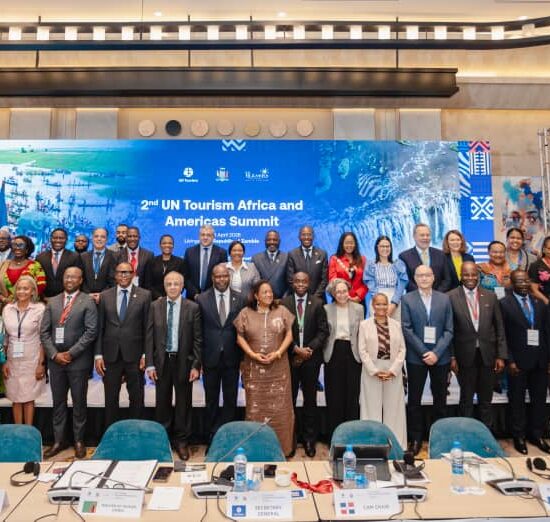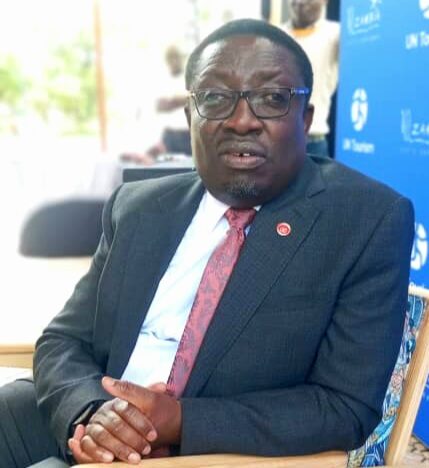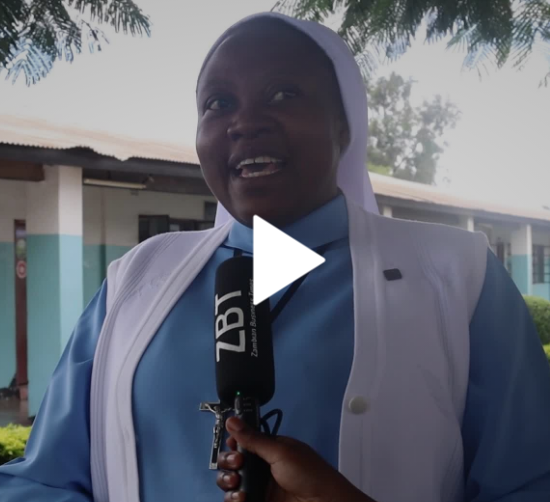
In his groundbreaking research that has also received funding from The World Academy of Sciences (TWAS), Dr. Mukololo has identified key proteins whose depletion from cancer cells slows down DNA replication and cell growth.
Dr. Mukololo who is a Lecturer and Researcher in the School of Medicine at UNZA’s Ridgeway campus, has found that specific proteins called PDS5A, PDS5B, ESCO1, and ESCO2 play an important role in DNA replication and cell division. Using scientific methods that include DNA combing, Dr. Mukololo has found that depletion of either PDS5A, PDS5B, ESCO1, or ESCO2 results in delay in DNA replication and a reduction in cancer cell growth.

Dr. Mukololo says this discovery is important as it provides a novel insight into proteins that have the potential to form cancer drug targets. He adds that processes such as DNA replication and mitosis (cell division) are some of the crucial cellular events that are usually exploited in cancer drug design.
‘‘Halting DNA replication and cells division prevents the growth and spread of cancer. Limitless cell division is a contributing factor to the growth and spread of cancer in human bodies’’ said Dr. Mukololo.
Meanwhile, UNZA Vice Chancellor – VC, prof. Luke Mumba, has congratulated Dr. Mukololo for showing commitment to the fight against cancer and receiving funding for his research from The World Academy of Sciences.
Prof. Mumba says cancer is a fatal condition that needs urgent attention to combat through research. The VC adds that UNZA is proud that this kind of research is coming from one of its own. ‘‘We are extremely delighted that UNZA is leading in research aimed at fighting cancer. This is an undertaking that will no doubt contribute to improving the lives of millions of people afflicted by cancer world-over.’’ Prof. Mumba says.
Cancer is a fatal condition that causes cells to divide uncontrollably forming tumors, impairing the immune system and/ or causing other changes that prevent the body from functioning properly.
This is according to a press statement made available to Zambian Business Times – ZBT by UNZA spokesperson Brenda Bukowa.







